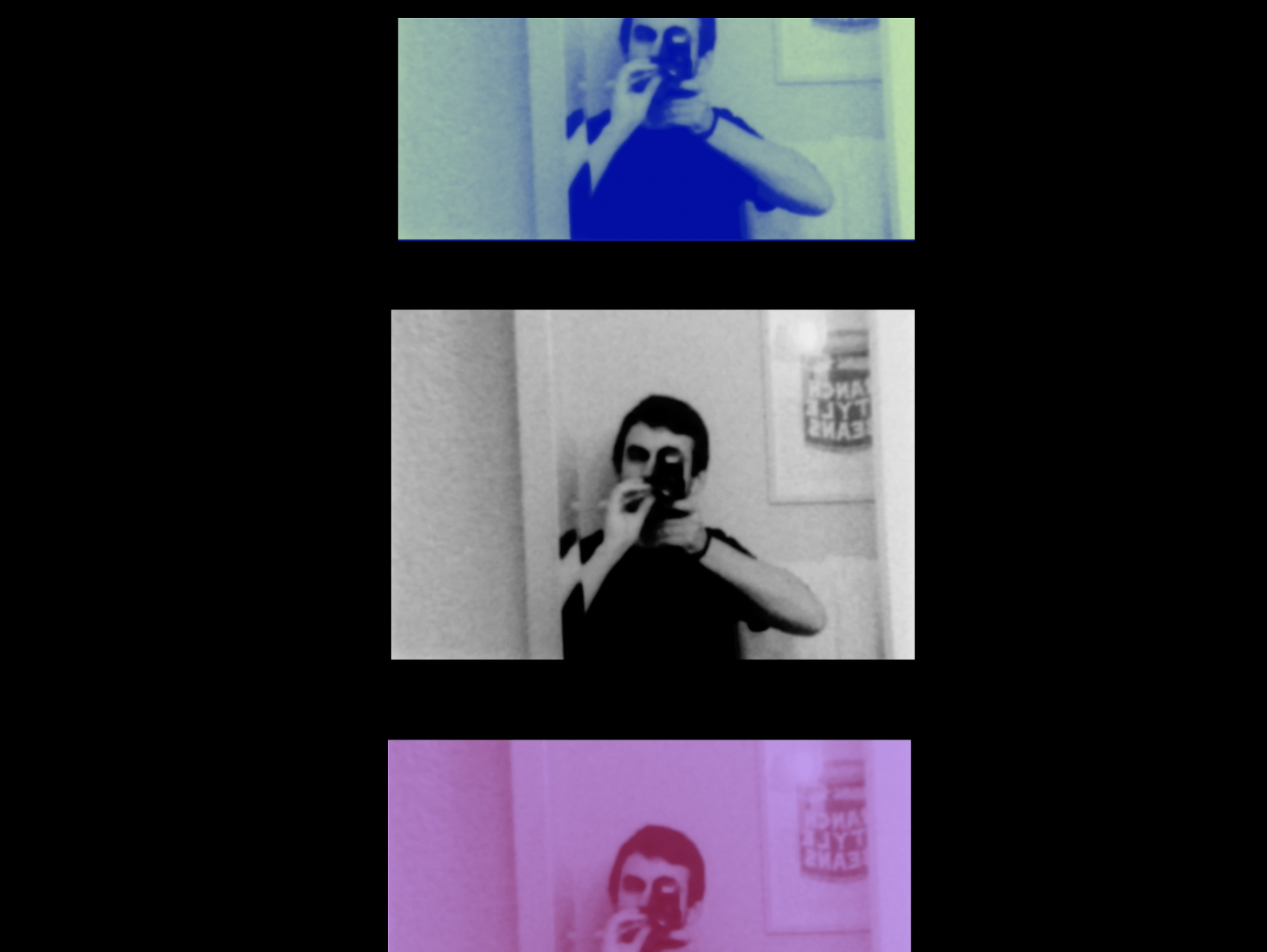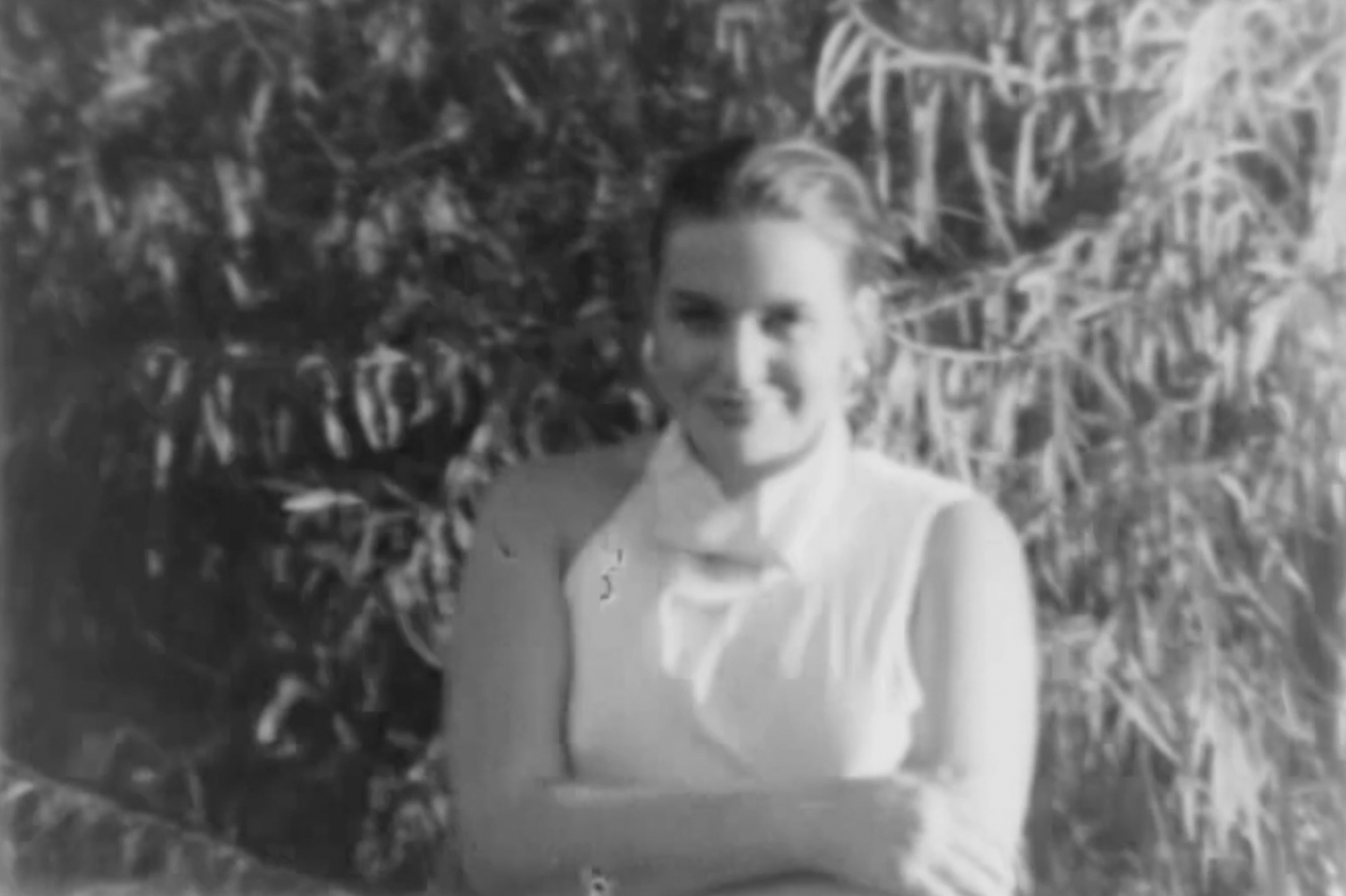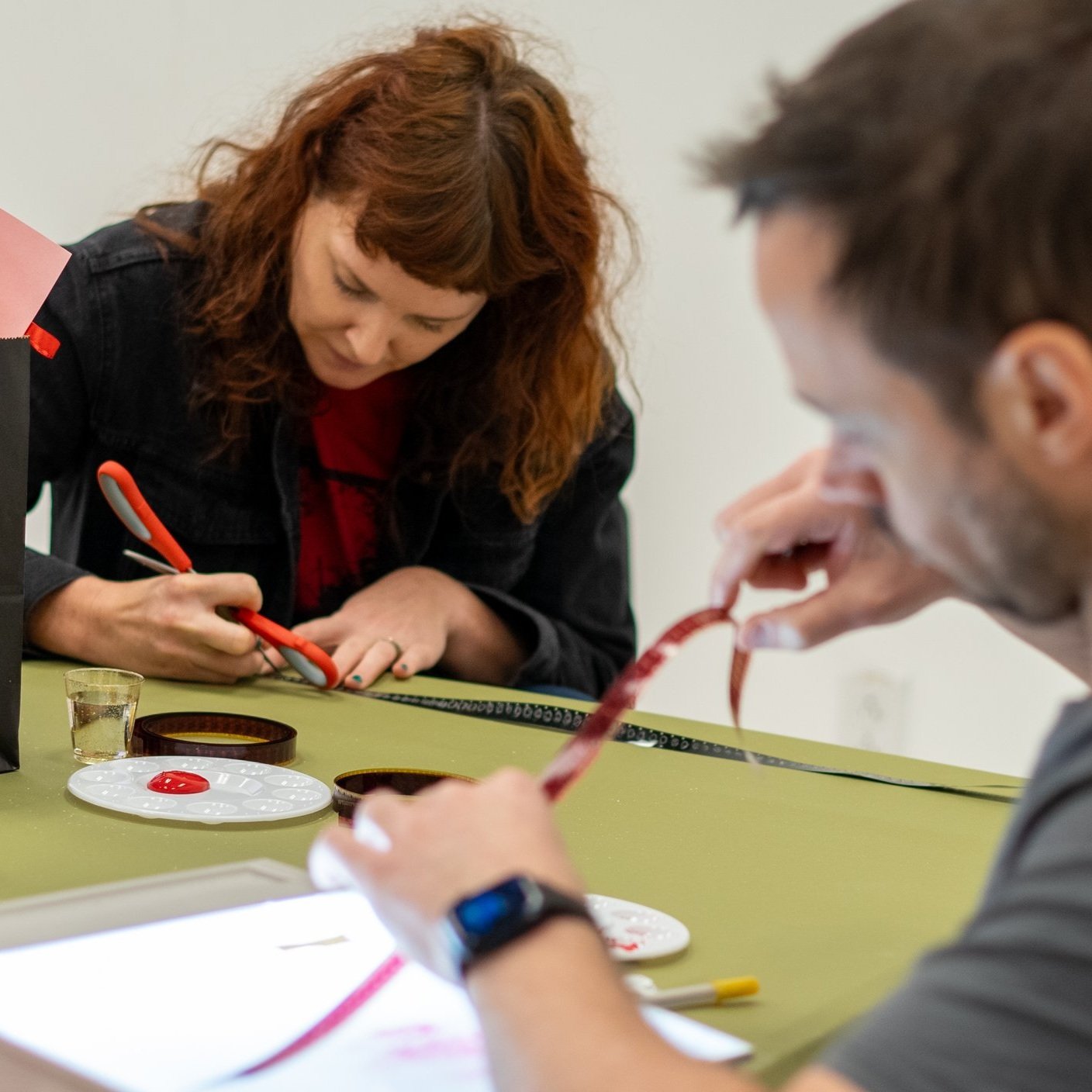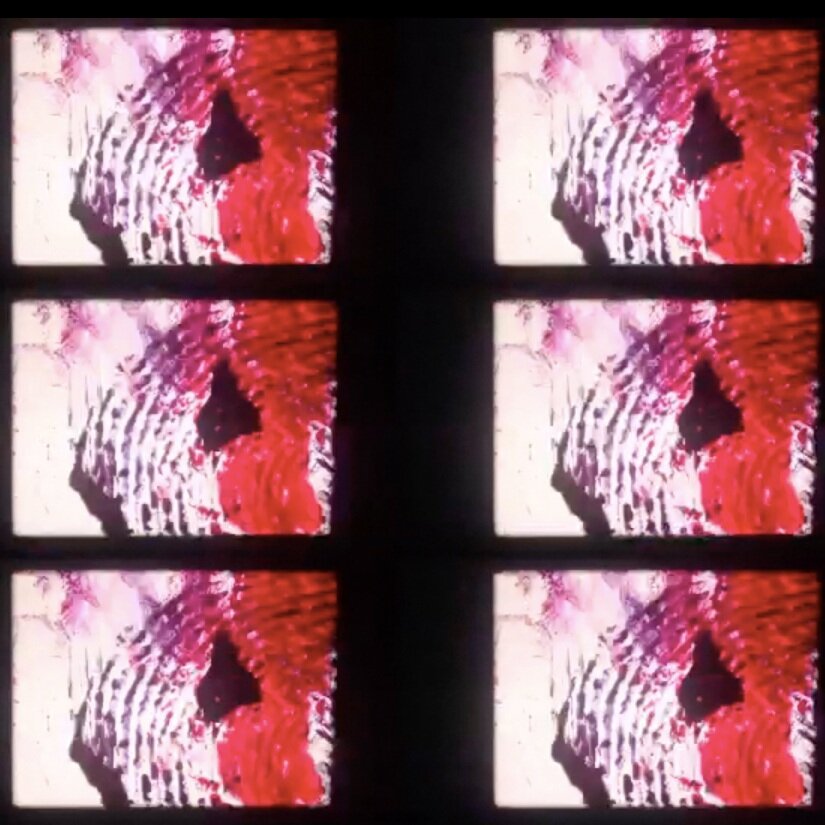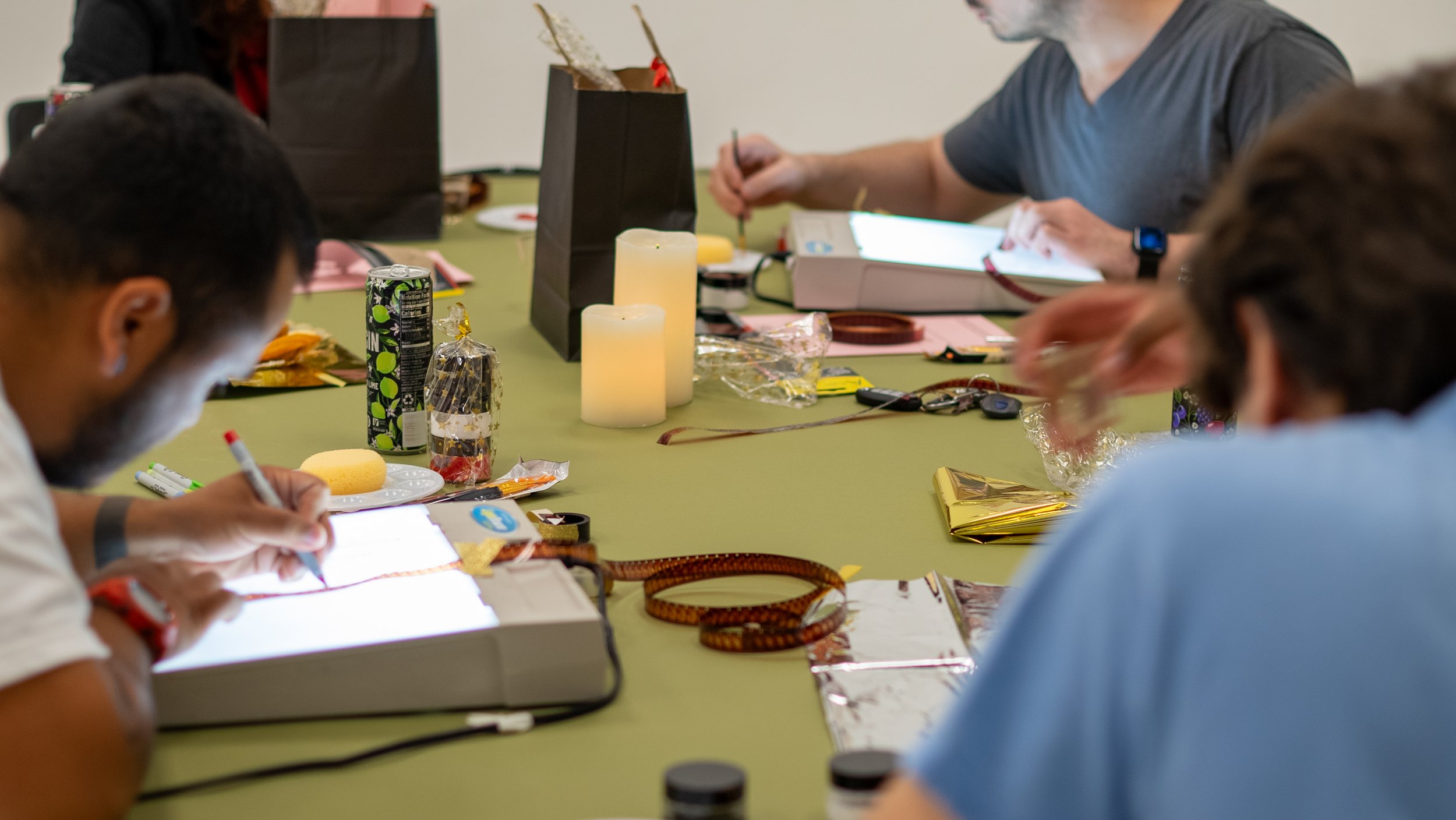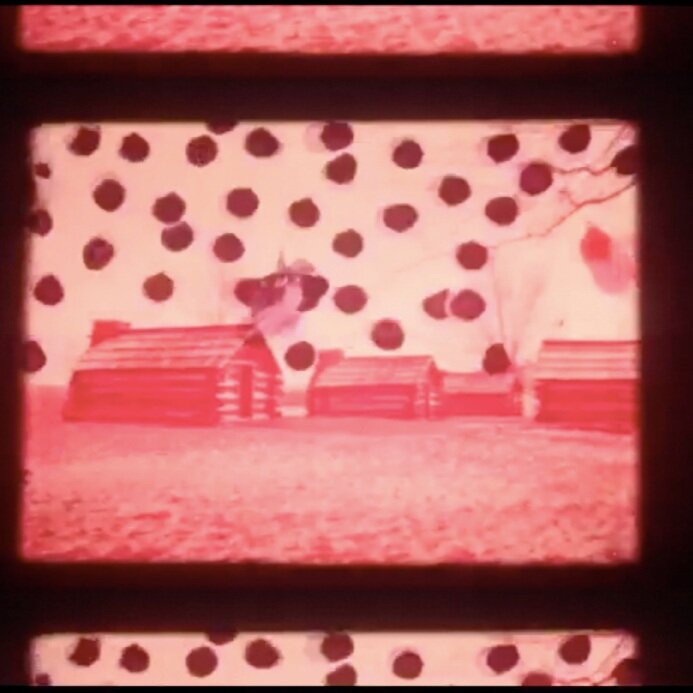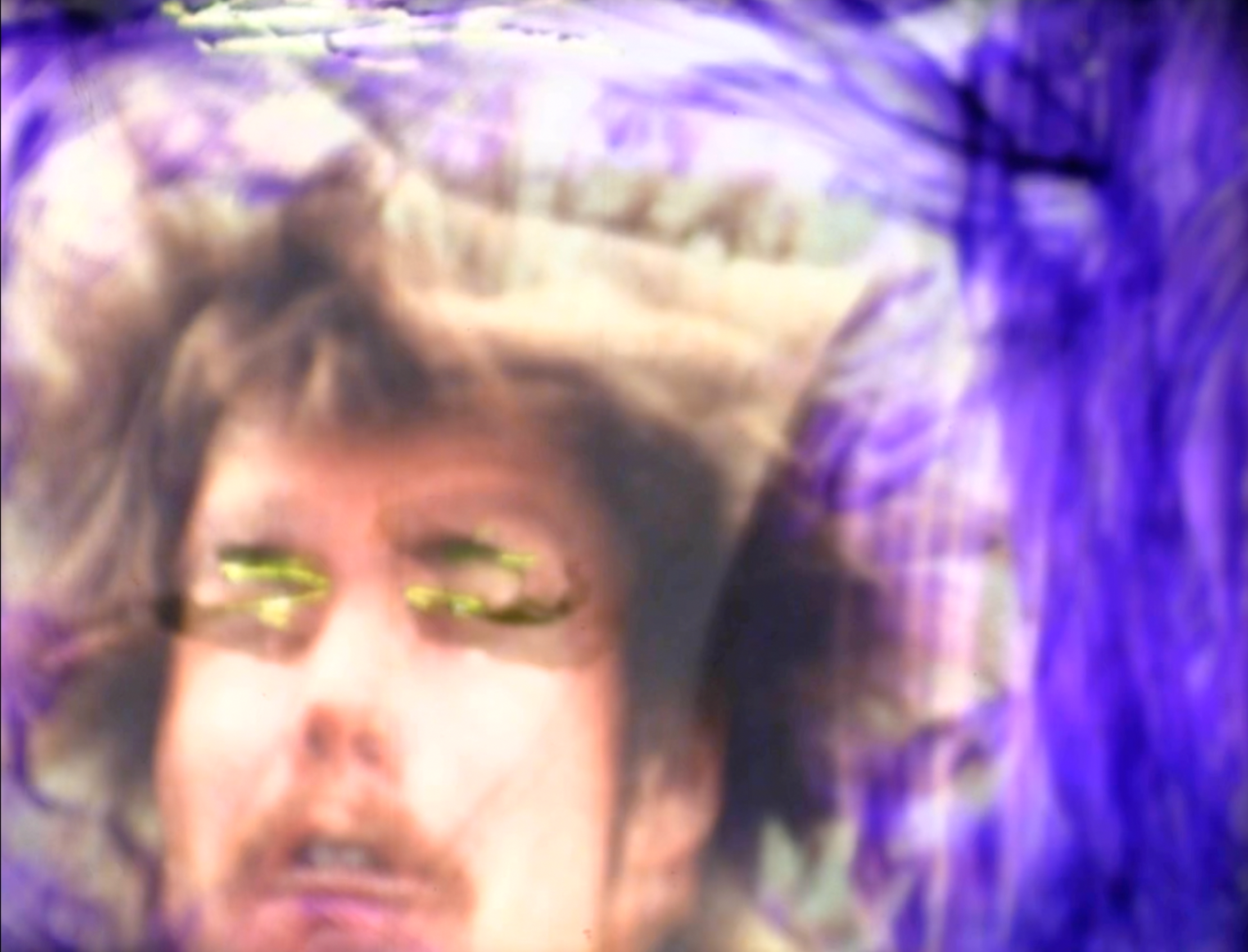 Image 1 of 2
Image 1 of 2

 Image 2 of 2
Image 2 of 2



Intro to Lighting for Film & Video
A weekend, hands-on introduction to cinematic lighting techniques for filmmakers and visual creators.
For independent filmmakers and creators new to lighting for film and video, learning how to control light is essential. Unlike the human eye, cameras interpret light differently — and mastering how to create, shape, and balance it can dramatically elevate the look and mood of your work.
This hands-on workshop introduces traditional cinematic lighting techniques through guided exercises and real-world setups. Participants will learn how to use professional lighting tools, modify natural and artificial light, and create effective setups for interviews, scenes, and creative projects. The course also includes practical strategies for achieving high-quality results on a budget, featuring affordable gear recommendations and low-cost DIY solutions.
By the end of the weekend, you’ll have a solid foundation in lighting principles and the confidence to design your own lighting setups for any film or video production.
Topics Covered Include:
Lighting Vocabulary: Essential terminology and concepts.
Quality of Light: How to manipulate light to create depth and dimension.
Lighting for Different Styles and Situations: Tailor your lighting setup for various visual styles and scenarios.
Working with Natural Light: Techniques for effectively using natural light in your projects.
3-Point Lighting: Master the basics of this foundational lighting setup.
Accessories and Safety: Key accessories for lighting setups and important safety precautions.
Efficient Setups for Small Productions: Tips for optimizing lighting arrangements for compact and cost-effective productions.
MORE INFORMATION
Location: This course will be held at our Canopy location in our Black Box Studio. However, students will also learn about manipulating natural light (outdoors) on the campus. To learn more about our locations, visit this link.
Who Should Attend: Ideal for independent filmmakers, content creators, and visual artists interested in learning how to control and shape light for film and video. No prior experience required. Students must be 16 years or older to enroll.
Supplies & Materials: All lighting gear and accessories will be provided for in-class exercises. Participants are welcome to bring personal cameras or small lighting kits to experiment with during class.
Prerequisites:
None. This workshop is beginner-friendly and designed for those new to lighting or looking to strengthen their on-set lighting fundamentals.
Certificate: This course is part of Austin School of Film’s Film Forward Certificate Program.
Certification: This course, along with all Austin School of Film programs, is approved by the Texas Education Agency (TEA) to provide Continuing Professional Education (CPE) credits.
A weekend, hands-on introduction to cinematic lighting techniques for filmmakers and visual creators.
For independent filmmakers and creators new to lighting for film and video, learning how to control light is essential. Unlike the human eye, cameras interpret light differently — and mastering how to create, shape, and balance it can dramatically elevate the look and mood of your work.
This hands-on workshop introduces traditional cinematic lighting techniques through guided exercises and real-world setups. Participants will learn how to use professional lighting tools, modify natural and artificial light, and create effective setups for interviews, scenes, and creative projects. The course also includes practical strategies for achieving high-quality results on a budget, featuring affordable gear recommendations and low-cost DIY solutions.
By the end of the weekend, you’ll have a solid foundation in lighting principles and the confidence to design your own lighting setups for any film or video production.
Topics Covered Include:
Lighting Vocabulary: Essential terminology and concepts.
Quality of Light: How to manipulate light to create depth and dimension.
Lighting for Different Styles and Situations: Tailor your lighting setup for various visual styles and scenarios.
Working with Natural Light: Techniques for effectively using natural light in your projects.
3-Point Lighting: Master the basics of this foundational lighting setup.
Accessories and Safety: Key accessories for lighting setups and important safety precautions.
Efficient Setups for Small Productions: Tips for optimizing lighting arrangements for compact and cost-effective productions.
MORE INFORMATION
Location: This course will be held at our Canopy location in our Black Box Studio. However, students will also learn about manipulating natural light (outdoors) on the campus. To learn more about our locations, visit this link.
Who Should Attend: Ideal for independent filmmakers, content creators, and visual artists interested in learning how to control and shape light for film and video. No prior experience required. Students must be 16 years or older to enroll.
Supplies & Materials: All lighting gear and accessories will be provided for in-class exercises. Participants are welcome to bring personal cameras or small lighting kits to experiment with during class.
Prerequisites:
None. This workshop is beginner-friendly and designed for those new to lighting or looking to strengthen their on-set lighting fundamentals.
Certificate: This course is part of Austin School of Film’s Film Forward Certificate Program.
Certification: This course, along with all Austin School of Film programs, is approved by the Texas Education Agency (TEA) to provide Continuing Professional Education (CPE) credits.
WHO SHOULD ATTEND: Those interested in learning both the technical and creative aspects of lighting for film & video.
PRE-REQUISITES: none; all levels welcome! Students must be at least 16 years old to take this class.
SUPPLIES: all included
CERTIFICATE: ASoF Digital Video Certificate core class.
PAYMENT PLANS: Payment plans are available to anyone for any class or workshop.
This course and all ASoF courses are certified with the Texas Education Agency (TEA) to provide Continue Professional Educational (CPE) credits.




